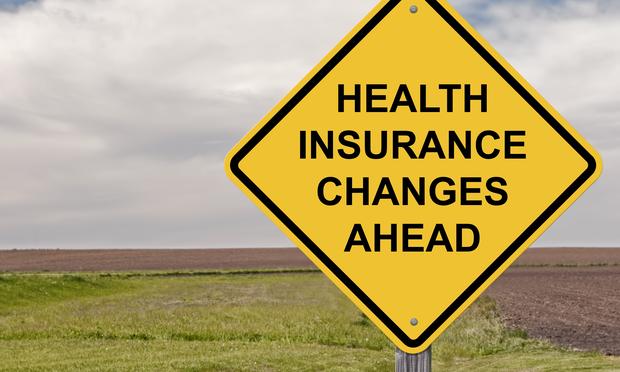After reading about turmoil in North Carolina's Medicare Advantage program, 85-year-old Marion Meili called with a question: Can I drop my policy and try to find a better deal on the Affordable Care Act exchange?
Short answer: No. The exchange, which offers subsidies for low- and moderate-income people, was designed to provide new options for people who don't have access to health insurance. It's not available to those who already have government coverage, including Medicare and Medicaid, or those who have qualified group plans offered by their employer.
"It's against the law for anyone who knows you have Medicare to sell you a Marketplace plan," says HealthCare.gov, the official ACA exchange site.
 |
| Glenn McCoy/Slate.com |
Of course, there's never a simple answer for anything related to health coverage, so the site follows up with exceptions: If you're paying a premium for Medicare Part A or if you're eligible for Medicare but haven't signed up you might be able to shop on the exchange (read details here).
Medicare Advantage is an option that lets senior citizens enroll in a private insurance plan (get a primer on how the system works here). Meili's policy is with UnitedHealthcare; she tells me she got a notice of a rate hike but called the insurance company and "got it a bit cheaper." That's a good reminder that it's always smart to shop around and ask for a better deal.
It's also smart to get help. Medicare options and costs change every year. In North Carolina, call 1-855-408-1212 or visit the Seniors Health Insurance Information Program website to get advice.
A note if you live in Mecklenburg County: Shepherd's Center does face-to-face counseling on Medicare enrollment and I have it on good authority (my 80-year-old mom) that they do excellent work. Unfortunately, they're also booked for the rest of this enrollment period, which ends Dec. 7. So if you call the state SHIIP line, tell them you want your question answered on the phone or you may get referred to Shepherd's Center, which will just send you back to the phone line.













